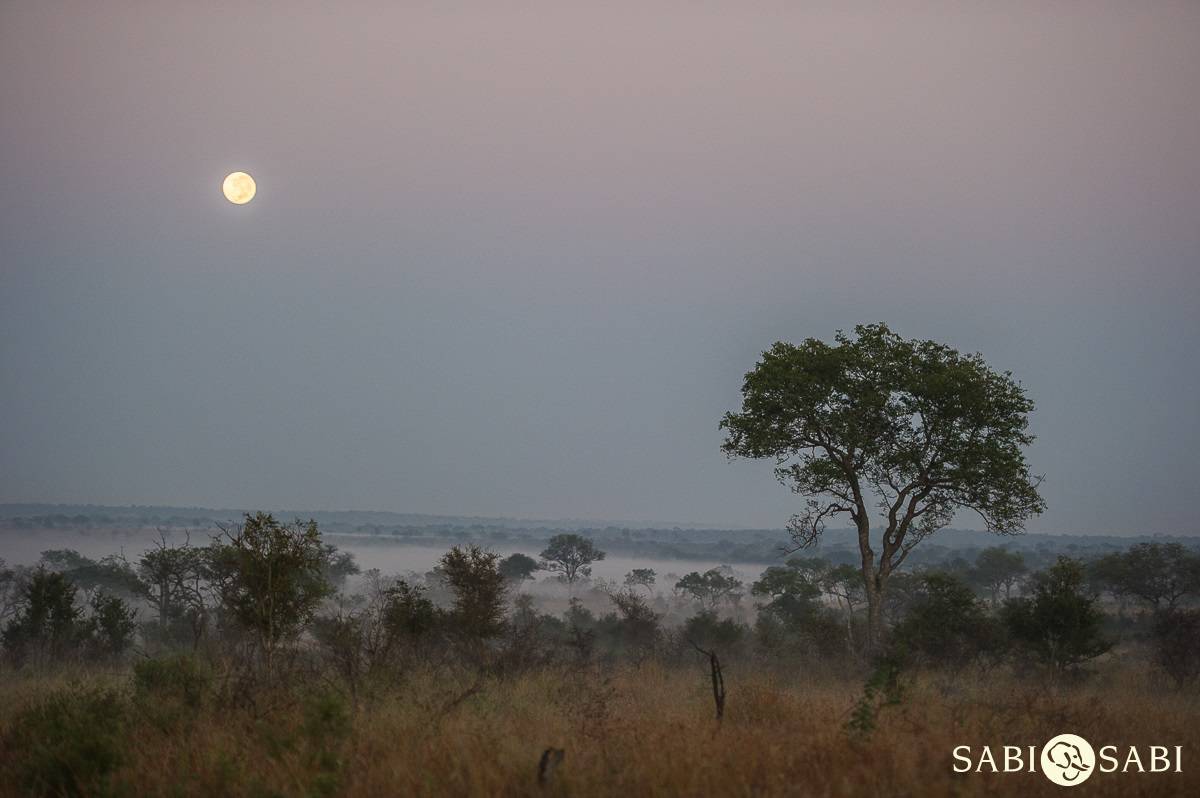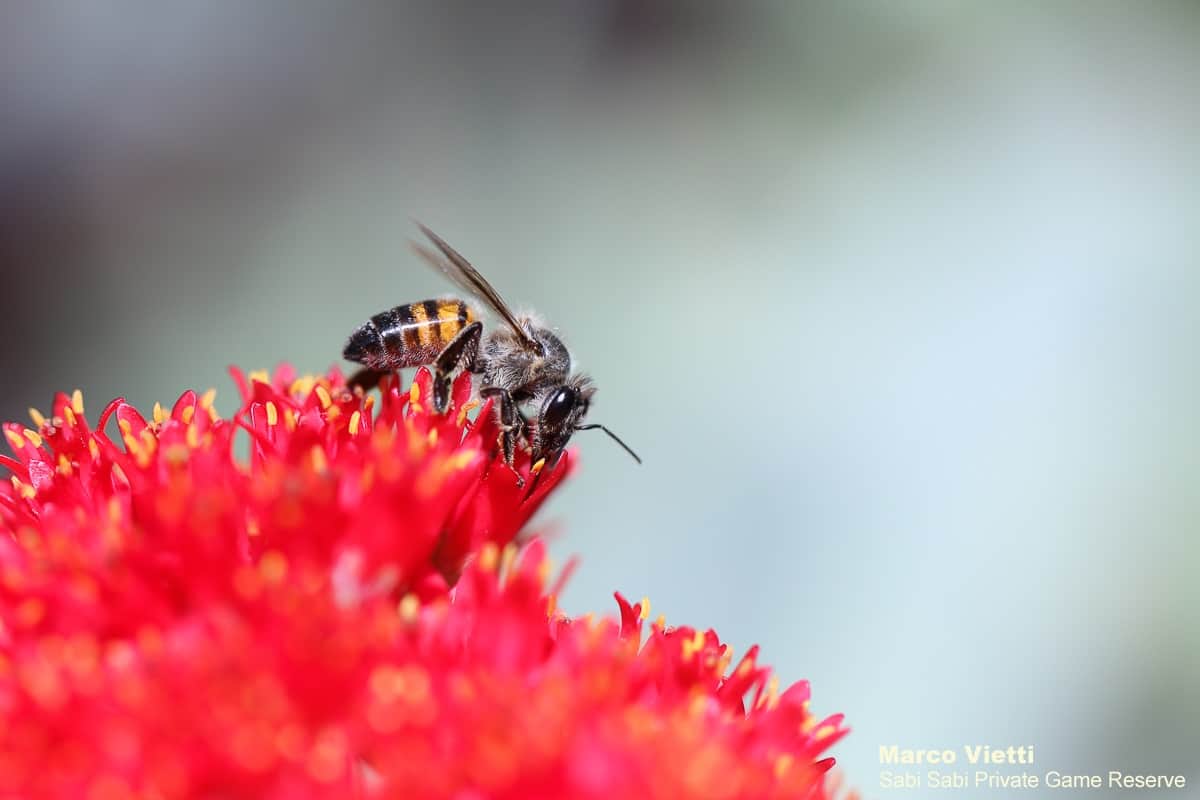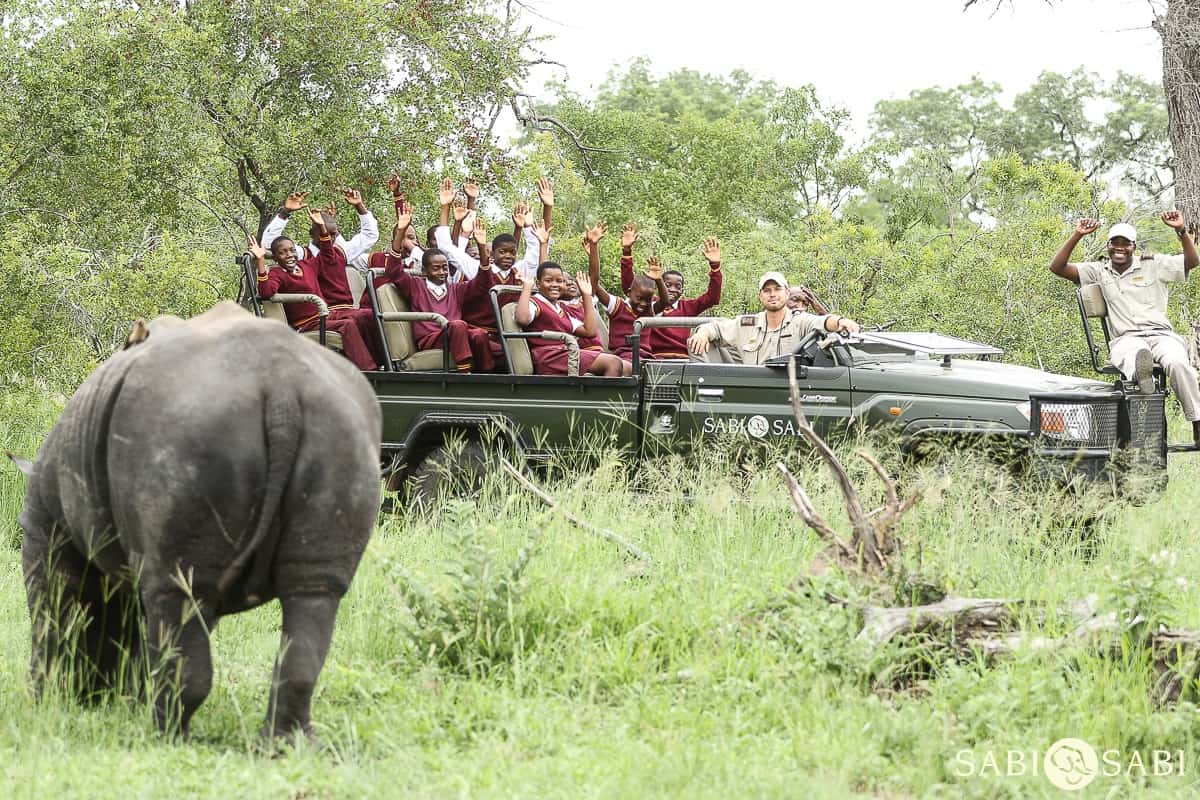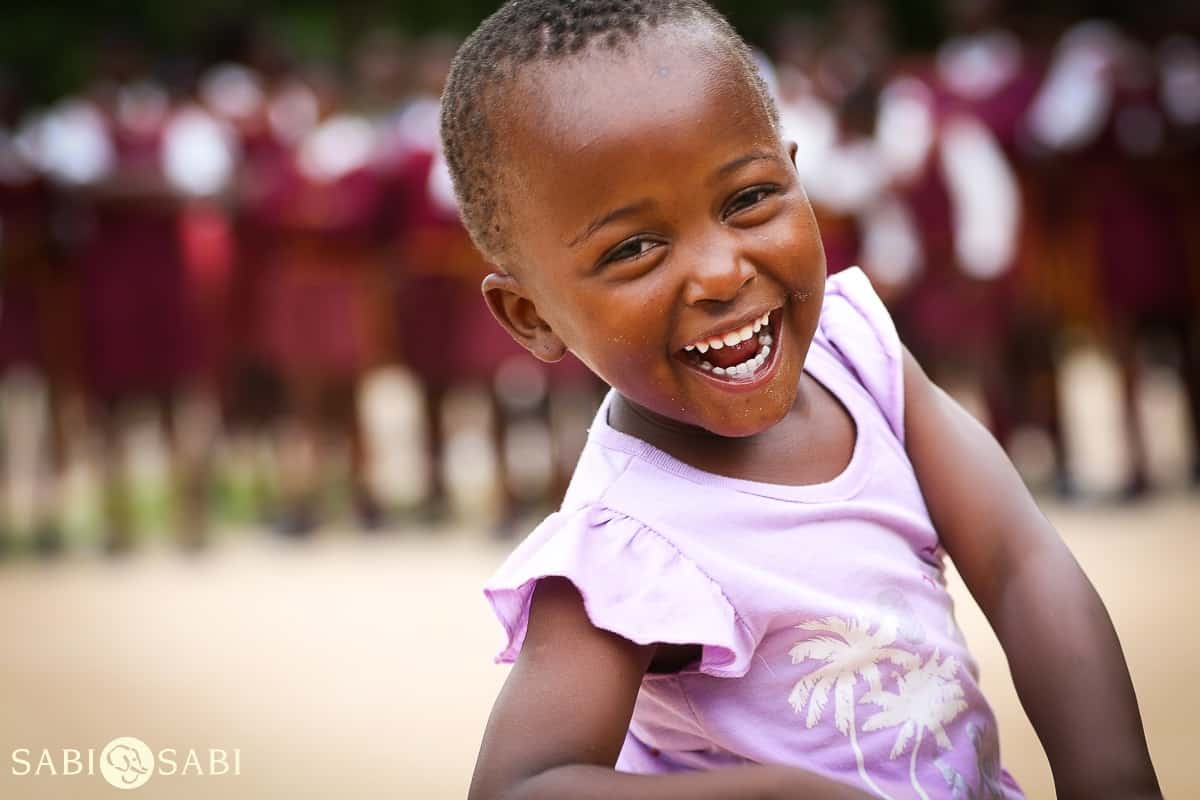Conserving our future
on Dec 07, 2020Our world is in a vulnerable position right now, as human populations are growing, natural ecosystems are slowly disappearing to make way for urban areas, human habitation and agriculture. Not only are natural areas being cleared to make space for the expanding populations, but they are being cleared and replaced with monoculture farmland and stock-grazing to provide food for all these people. Not only are we physically removing the natural habitats of our indigenous species, thereby reducing the areas available, but our activity and industry are having an indirect effect on these ecosystems. We are altering natural environments, sometimes to the extent of making them physically inappropriate for the animals that usually call them home.

Organisms evolve to fill a niche in a certain environment. Some organisms have a broad spectrum of environmental conditions that they can handle, these are usually abundant and taken for granted. There are organisms however that have an incredibly narrow range of environmental conditions that they will thrive or survive in. For example, there is a species of frog, Microbatrachella capensis or the Micro Frog, that occurs only within acidic blackwater fynbos marshlands. If human influence such as run-off from fertilized fields, pollution and alien vegetation encroachment continues in this area, there may no longer be any habitat that is suitable for these creatures, and when they only have four sub-populations spread out over an area estimated at about 10km² (3,86 square miles), there is not much space to play with. And there are many other species in a similar predicament, and many who have already lost the fight against extinction without us even realizing.
Our wilderness areas are becoming a rare commodity, and part of our responsibility as members of the tourism industry is to educate people on the plight of our natural systems. These lessons can be passed on to our guests, people from across the globe who are exposed to the beauty we are lucky enough to behold. Conserving what we have and keeping what little natural area we have intact, has become more important than ever. Our survival as a species is just as much in the balance as the little Micro Frog, although our species has a much broader area and many more sub-populations. We forget that our food production and agricultural industries are just as reliant on climatic and environmental conditions being stable. We forget that we rely on Bees and other pollinators for the propagation of crops, and that if the rains don’t arrive when they are meant to, or at all, then populations of people have no water.

It is the duty of all those in the tourism industry to lead by example. We see first-hand the effects of climate change on the rains, when the leaves of the trees begin to sprout in spring, and when the migratory birds return from their respective over-wintering spots. And so we know the importance of maintaining “green” initiatives. Even here at Sabi Sabi, we are part of the National Geographic Unique Lodges of the World, for recognition of our dedication to protecting the surrounding habitat and following sustainable tourism initiatives, such as recycling of plastics and established grey-water processing systems. But being eco-conscious is not all that sustainability relies upon, as the support and protection of local communities and heritage is just as important.

These communities live in the areas surrounding our game reserves, those who benefit from the tourism industry, the job creation, and the visitors to attractions being potential customers for local businesses. These people are an integral part of the success of protected areas, and it is therefore important for the lodges in the area to focus their time, energy and resources to further improving the lives of those who make these tourist attractions possible. Our attention is on education, not in the hands of the rangers and trackers to educate guests, but in the hands of the school teachers and the digital learning centre within the community itself. Ensuring that local children and young adults have wide horizons and opportunities to learn and grow.

Although we would love to know that these children would build careers in the reserve, and some will have the passion for wildlife and conservation that draws them in, but many will have passions that draw them out, like art and medicine, psychology and law, whatever their dreams, we hope they will be able to achieve them. And perhaps be the ones who one day return to game reserves and protected areas, like this one, as guests who simply wish to appreciate the natural beauty that the generations before them have worked so hard to conserve.






